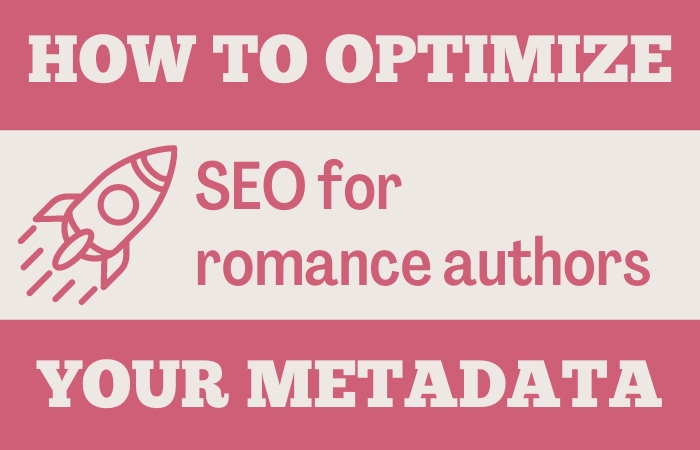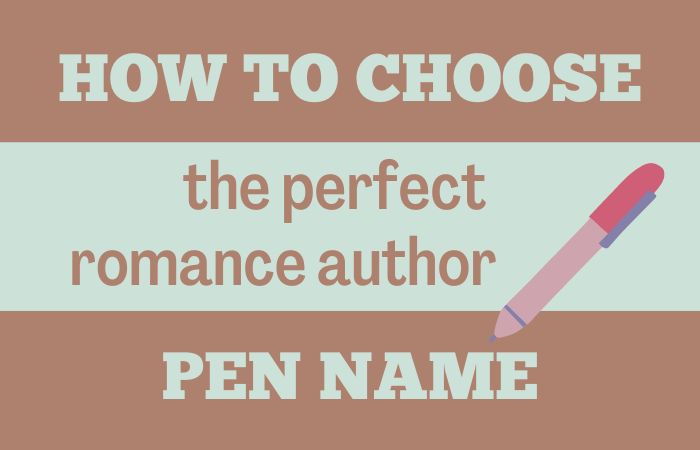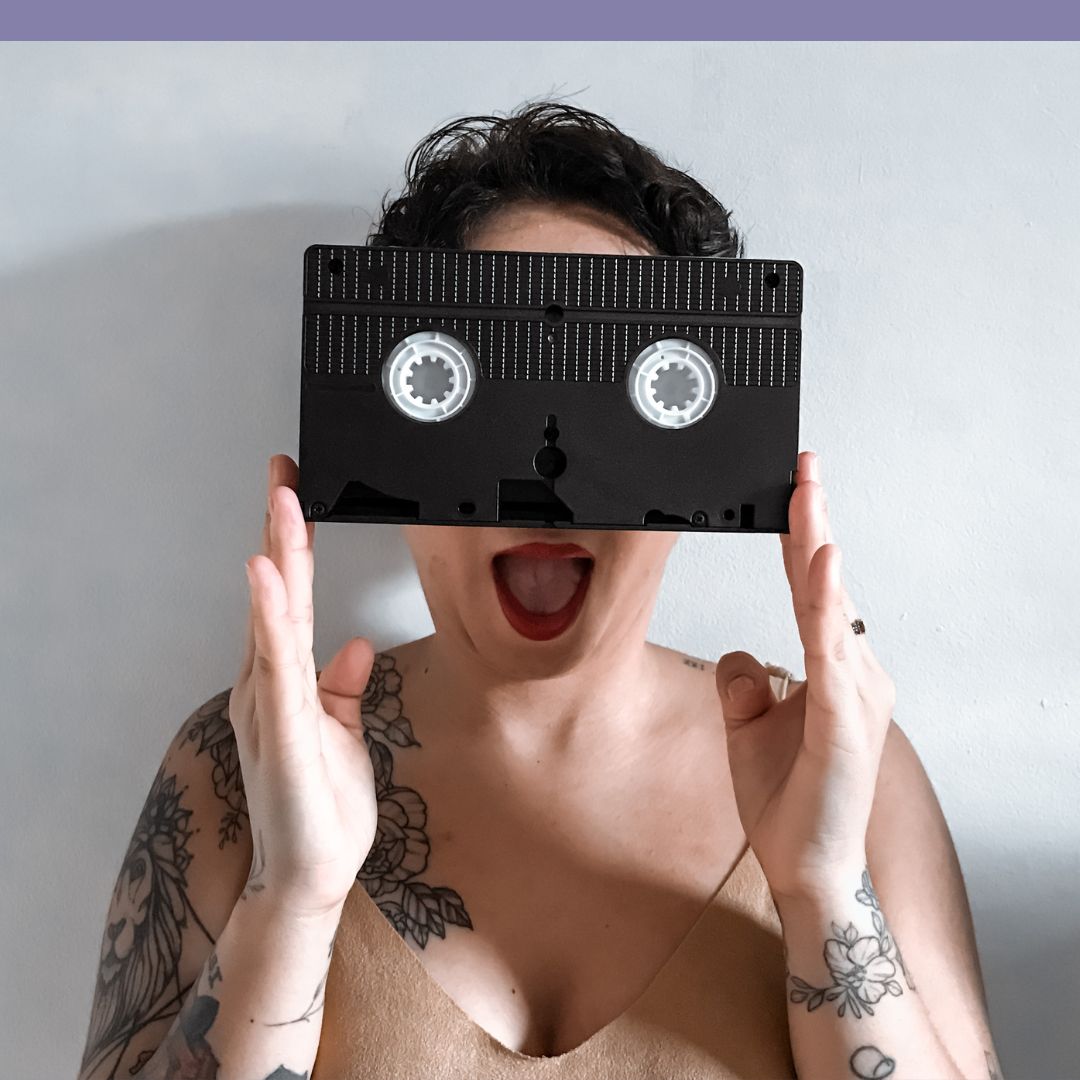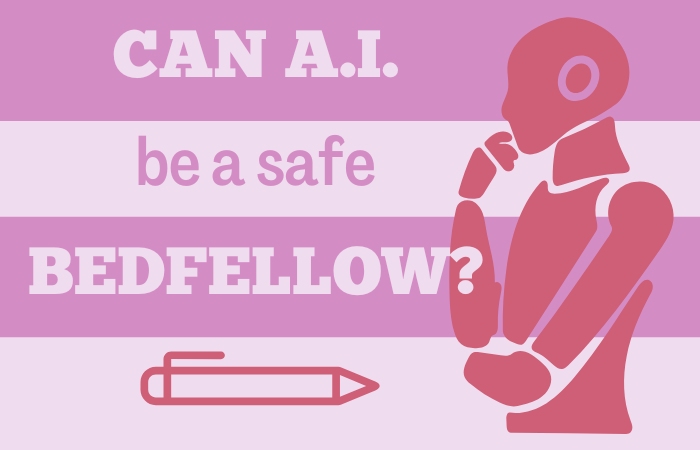If you’re looking for some good learning opportunities this month, you have a ton of great options.

June Writers’ Events to Check Out
Holy cow, what a busy month!
I’m connected with each of these events as a presenter, a host or a partner.
I have full confidence in every one of these conference hosts and course-creators.
If you happen to upgrade to a paid ticket, I will receive a commission at no extra cost to you.
If you let me know you’ve joined one of these events, I’ll send you a free copy of my self-help book for authors, Scrappy Rough Draft. Drop me an email at mail@authoreverafter.com and let me know which event I’ll see you in! I’ll reply with a link to a BookFunnel download for my book.
Conquer Fictional Worlds Through Dictation with Sarah Elizabeth Sawyer
Wanna Write Romance? conference
June 13 to 16
Free to attend!
How can you write romance books that truly matter? Join me at the Wanna Write Romance virtual conference where we’ll explore techniques for injecting more resonance into your romantic stories—for yourself as the writer, your ideal readers, and the characters living between the pages. Prepare to feel rejuvenated!
Teachers of Fiction Writing summit
Free to attend!
Start, build, or expand a thriving teaching enterprise doing work that you love: helping writers. Find out what is working for other teachers, learn some new techniques, and connect with great colleagues in Daniel David Wallace’s Teachers of Fiction Writing summit.
Write Your Christmas Romance in July with Jen Hilt
A home study course that includes live office hours with Jennifer Hilt and special guest Jen Probst
In addition to the live events, you also get Jen Hilt’s Trope Thesaurus Romance, Trope Thesaurus Romance Workbook, 6 Christmas Romance craft/marketing PDFs and a private Facebook group to chat with other students.
Write a Self-Help Book in 30 Days with Lisa Daily
A home study course that includes live office hours with Lisa Daily
As a romance author, you’ve likely heard of at least one of these titles—T. Taylor’s 7 Figure Fiction, Renee Rose’s Write to Riches, Skye Warren’s TheBestselling Author Next Door, or Heather Hildenbrand’s Manifest Your HEA.
What do they have in common? Those romance authors were all coached by Lisa Daily in writing and marketing their self-help books.
Heart-Centred Marketing for Fiction Writers with Beth Barany
An interactive, 90-minute workshop with Beth Barany
How to develop and sustain your author presence and sell your books (without social media)
- Explore heart-centered principles of author marketing and how they apply to you
- Identify sustainable author marketing practices that work for you and your life
- Clarify your values and how to translate them into sustainable author marketing habits and activities
- Learn how to bring all the parts of you into creating an author marketing goal and a plan that is doable, sustainable, and fun!




















